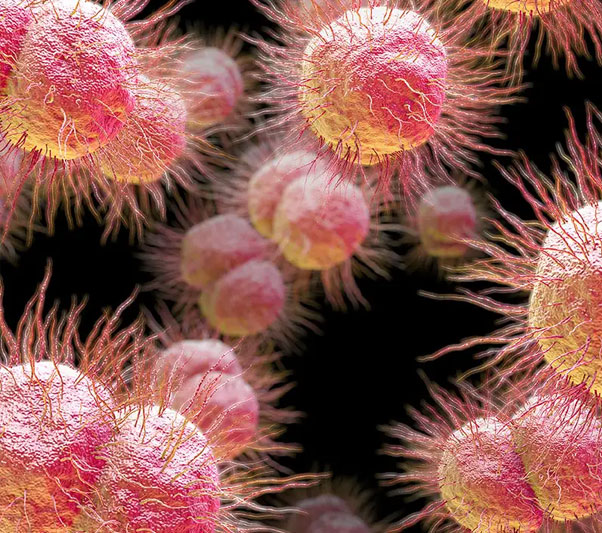Gonorrhoea: Symptoms, Diagnosis, Treatment and Prevention
Gonorrhoea is a common sexually transmitted infection (STI) caused by the bacteria Neisseria gonorrhoeae. It primarily affects the genital tract, but it can also occur in the rectum, throat, and eyes.
"In 2021, there were 26,577 patients with gonorrhoea in Australia."
Let's delve into the basics of gonorrhoea to help you grasp this infection in a straightforward manner.
Understanding gonorrhoea involves recognising its symptoms, risks, and the importance of prevention and timely treatment.
Regular sexual health check-ups and safe practices contribute to a healthier and safer lifestyle. If you have concerns or questions about gonorrhoea, consult with a healthcare professional for personalised guidance and care.

